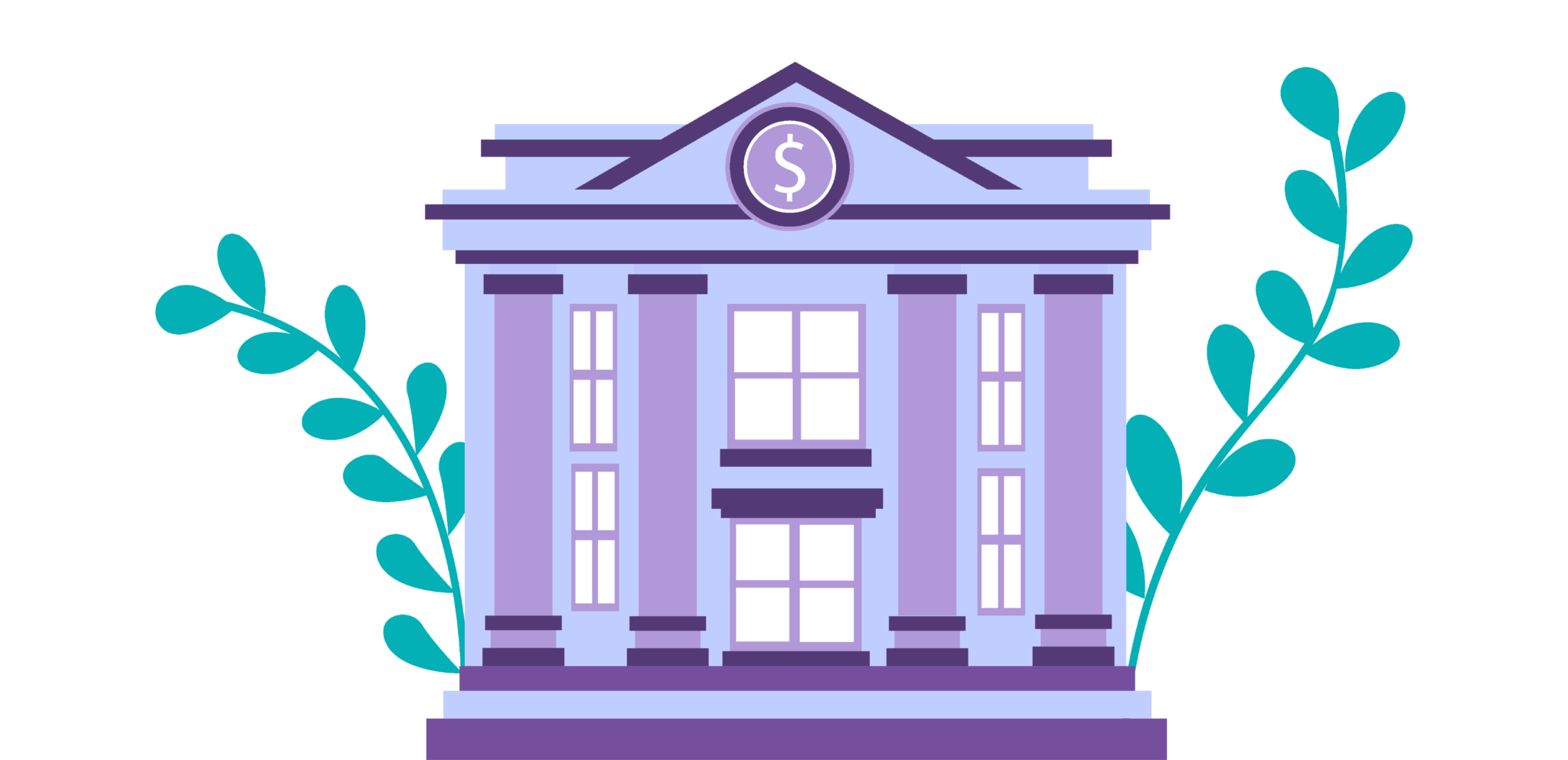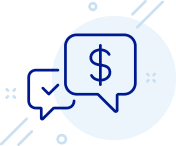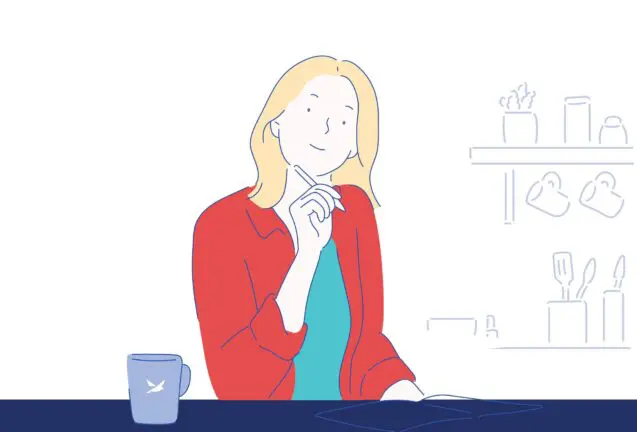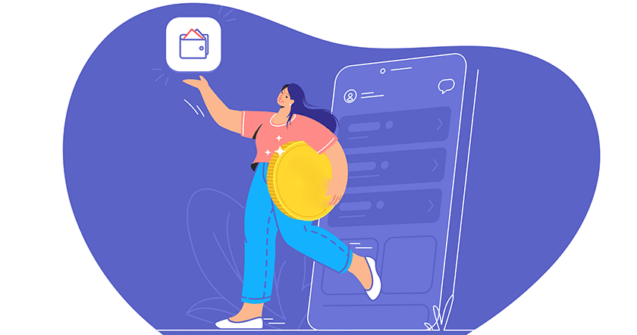Categories


For many people, a bank account or credit union membership is a fact of life. That’s where their paychecks go, where they store their emergency funds, and where they get loans for major purchases.
This isn’t the case for everyone, however.
According to a 2023 survey, 4.2% of households in the United States are considered unbanked, with an additional 14.2% being classified as underbanked.
There are many risks associated with being unbanked, and by understanding those risks, you can make a more informed decision about how you want to handle your personal finances.
What Does It Mean to Be Unbanked?
In simple terms, being unbanked means that an individual or household doesn’t hold any traditional savings or checking accounts at a bank or credit union. Unbanked individuals rely on other means to store and manage their money.
Some unbanked people keep all their money in physical cash. The only funds available to them are what they can hold in their hands, and they may use check cashing services (or similar) to handle financial needs like accessing paychecks.
Other unbanked people might use a combination of cash, prepaid cards and digital solutions like Cash App.
Being unbanked is significantly riskier than using traditional financial institutions.
Why Is Being Unbanked Risky?
Being unbanked is risky because your money is not insured.
When we put money into a bank or credit union, those funds are insured up to $250,000 per depositor per institution. Credit unions (like Spero!) are insured by the National Credit Union Administration (NCUA), while banks are insured by the Federal Deposit Insurance Corporation (FDIC). These are both federal organizations that ensure that your money will be protected when you put it into a financial institution, even if that institution goes under.
Without insurance, you risk losing your money through theft or damage, with no recourse to get it back.
Additional risks of being unbanked include check cashing fees, the inability to write your own checks, and trouble building credit, among many others. In short, being unbanked limits your financial opportunities.
Why Are People Unbanked?
There are many reasons why a person might be unbanked.
For some, it’s a lack of trust. They may feel distrustful of financial institutions as a whole or prefer to maintain a higher degree of privacy than is possible at a traditional bank or credit union.
Another factor is a lack of accessibility. One of the most common reasons people don’t have a bank account or credit union membership is not being able to afford the required minimum balance to open and maintain them. Others don’t have the documentation they would need to open one (i.e. a social security card, driver’s license, etc.) or can’t find banking services in a convenient location near them.
One other common reason some people may be unbanked is previous financial difficulties. Most financial institutions can review a person’s history with other financial institutions before they allow them to open an account. If the person’s name is connected to items such as a charged-off account (i.e. they owe the bank money) or suspicious account (i.e. fraud), the financial institution may not allow the individual to open an account.
What Does It Mean to Be "Underbanked?"
There is a middle ground between being banked and unbanked – being underbanked. Someone is considered underbanked if they do have access to a bank account but still use “nonbank financial services” like pawn shops or check cashing services to make ends meet.
How Do I Become "Banked?"
Your local credit union or bank branch is the best place to start. If you are able, visit one in person and an associate can walk you through the process. If that isn’t possible, visit your chosen institution’s website for details on opening an account online.
Many institutions offer accounts with low to no fees and/or minimum balance, which makes them easier to open and maintain. For example, a standard Membership Savings Account with Spero Financial has a minimum balance of just $5. Opening a basic, low-cost checking and/or savings account can be a great first step to integrating banking into your daily life.
If you would like to open an account with Spero, visit us online or give us a call at 1 (800) 922-0446.
We wish you luck on all of your future banking endeavors!
This material is for educational purposes only and is not intended to provide specific advice or recommendations for any individual.



